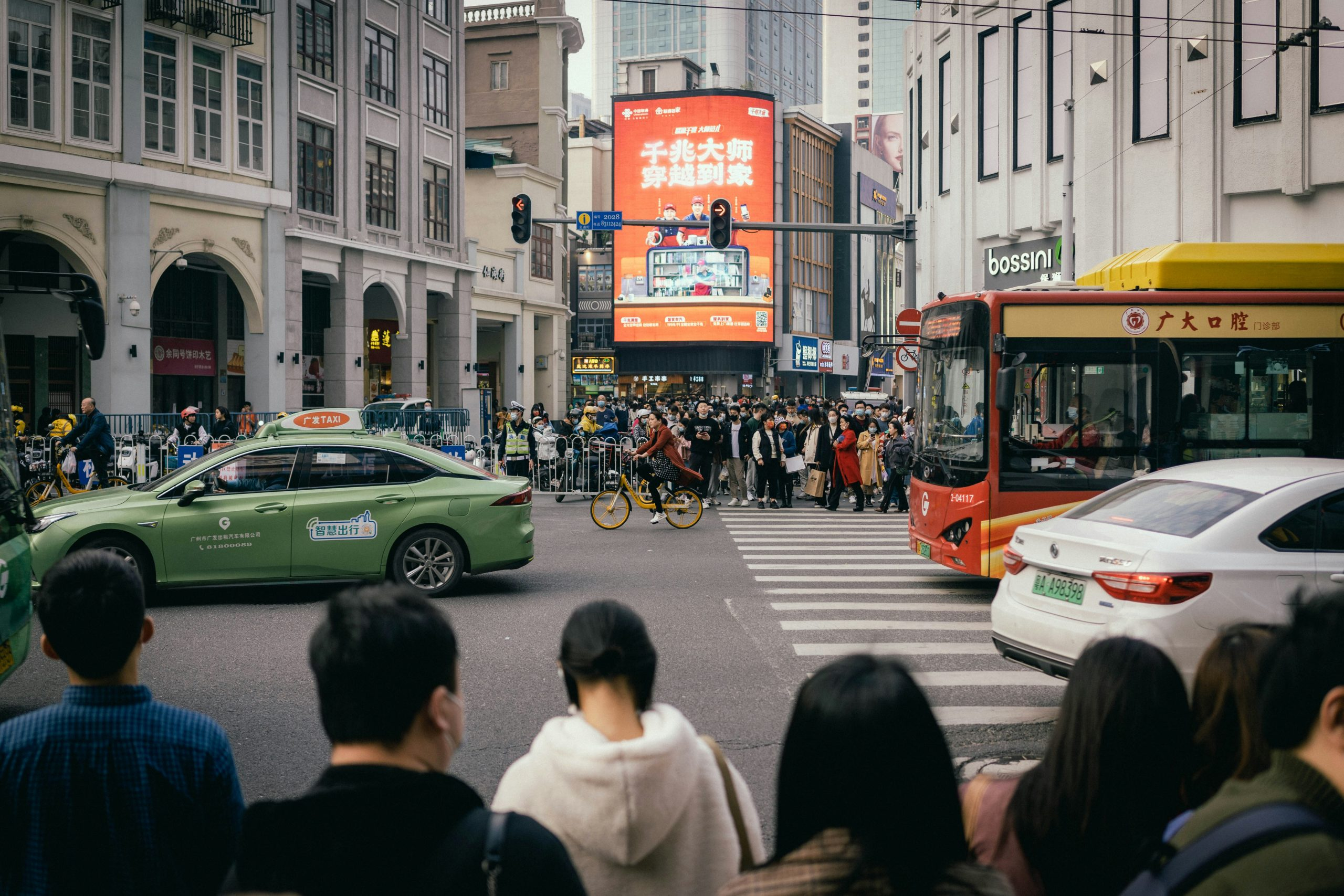Carpooling Apps Help Cut Urban Congestion
The rise of urbanization has brought about numerous challenges, one of which is traffic congestion. As cities continue to expand and more and more people flock to urban areas, the issue of congestion on roads and highways becomes increasingly prevalent. This problem not only makes it difficult for individuals to commute on a daily basis, but it also has a significant impact on the environment and the economy. To address this issue, carpooling apps have emerged as a viable solution. In this article, we will explore how carpooling apps are playing a crucial role in cutting urban congestion, and how they are revolutionizing the way we commute.
The Problem of Urban Congestion
Congestion refers to the excessive amount of traffic on roads, highways, and public transportation systems. It occurs when the demand for transportation exceeds the available infrastructure capacity, resulting in traffic delays, longer commute times, and increased pollution. According to a report by INRIX, a global transportation analytics company, the United States alone spends over 41 hours per year in traffic congestion, costing the country an estimated $87 billion in lost productivity.
Apart from being a financial burden, congestion also has a detrimental impact on the environment. The increasing number of vehicles on the road contributes significantly to air pollution, greenhouse gas emissions, and global warming. It is also a major cause of traffic accidents and road fatalities. With the urban population projected to increase in the coming years, it is crucial to address the issue of congestion in a sustainable manner.
The Role of Carpooling Apps
Carpooling, also known as ridesharing, is a cost-effective and environmentally friendly solution to urban congestion. It involves sharing a ride with others who are traveling to a similar destination or along a similar route. With the advancements in technology, the concept of carpooling has evolved into a more convenient and efficient way of commuting through carpooling apps.
Carpooling apps like UberPOOL, Lyft Line, and BlaBlaCar are becoming increasingly popular in urban areas. They match commuters with a similar route, enabling them to share a ride and split the cost. These apps use real-time data and algorithms to find the most efficient route, ensuring that the ride is as smooth and quick as possible. This reduces the number of vehicles on the road, thus alleviating congestion.
Benefits of Carpooling Apps
Reduces Traffic Congestion
As mentioned earlier, carpooling apps help reduce the number of cars on the road. This means fewer cars, less traffic, and shorter commute times. The efficiency of carpooling apps also ensures that the ride is comfortable and hassle-free. With fewer vehicles on the road, the overall traffic flow improves, making it a win-win situation for everyone.
Cost-effective
Carpooling apps offer a cost-effective alternative to driving alone. By sharing a ride and splitting the cost, commuters can save money on fuel, tolls, and parking. This is especially beneficial for people who commute long distances and have to pay hefty amounts on gas and toll charges. With the rising cost of living, carpooling apps are a welcome relief for individuals looking to save some extra cash.
Environmentally Friendly
As cars are one of the major contributors to air pollution, carpooling apps play a significant role in reducing carbon emissions. By reducing the number of cars on the road, carpooling apps help minimize the carbon footprint and improve air quality in urban areas. This makes them a sustainable solution to urban congestion.
Promotes Social Interaction
Carpooling also offers the opportunity to meet new people and build relationships. With carpooling apps, commuters can share a ride with others from different walks of life, thereby promoting social interaction. This not only makes the commute more enjoyable but also contributes to a sense of community and connectivity among individuals.
The Future of Carpooling Apps
The potential of carpooling apps is immense, and they are expected to play a more significant role in combating urban congestion in the future. With the emergence of self-driving cars, carpooling apps have the potential to revolutionize the concept of carpooling. These apps could soon enable commuters to share rides with self-driving cars, further reducing the stress of navigating through heavy traffic and contributing to an efficient transportation system.
In conclusion, carpooling apps are gaining popularity as a viable solution to urban congestion. With their cost-effectiveness, environmental friendliness, and potential to promote social interaction, these apps are revolutionizing the way we commute. As cities continue to grow, the importance of carpooling apps will only increase, making the future of urban transportation more efficient and sustainable. So, next time you plan to hit that snooze button instead of carpooling, remember that by doing so, you could be contributing to the daunting issue of urban congestion.










